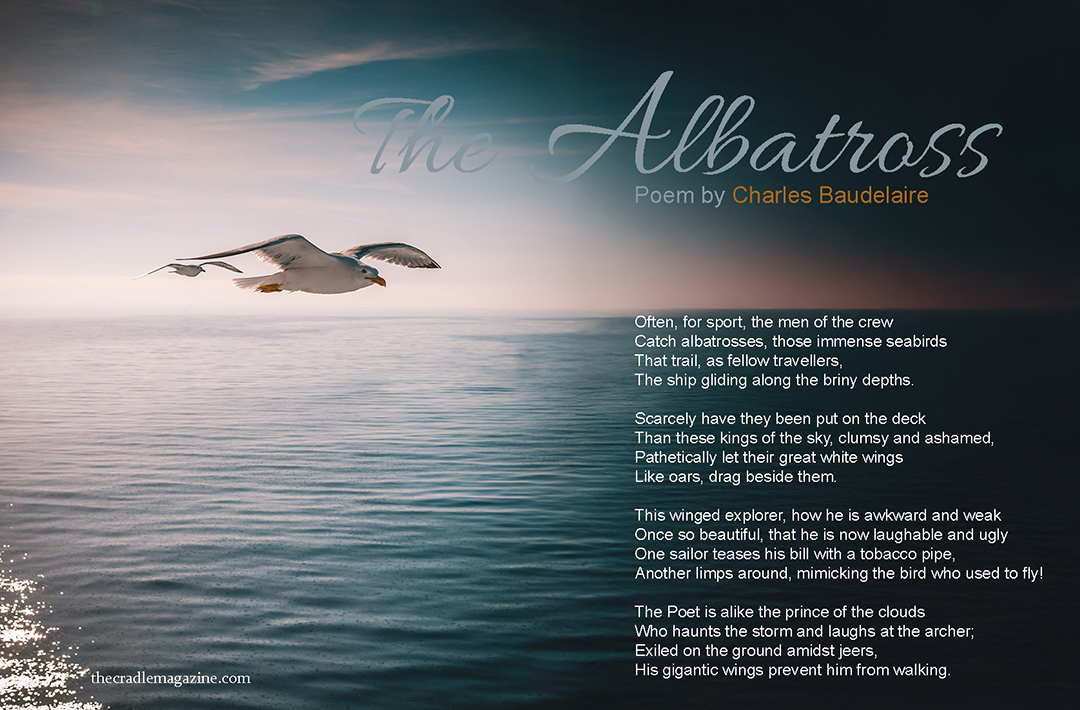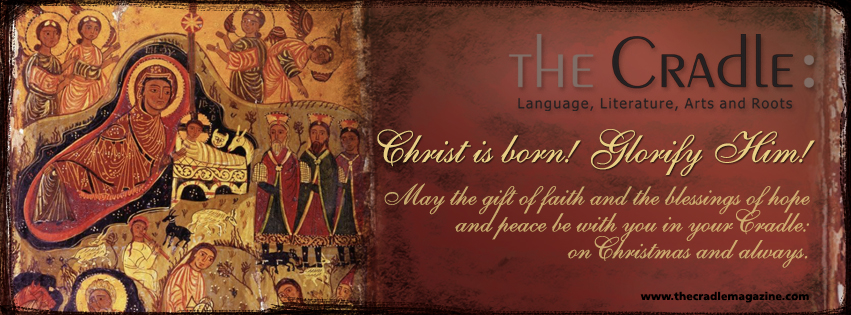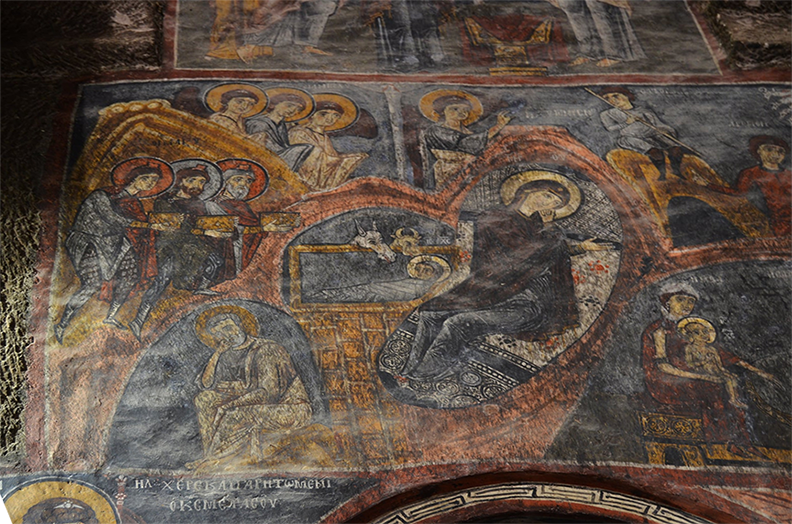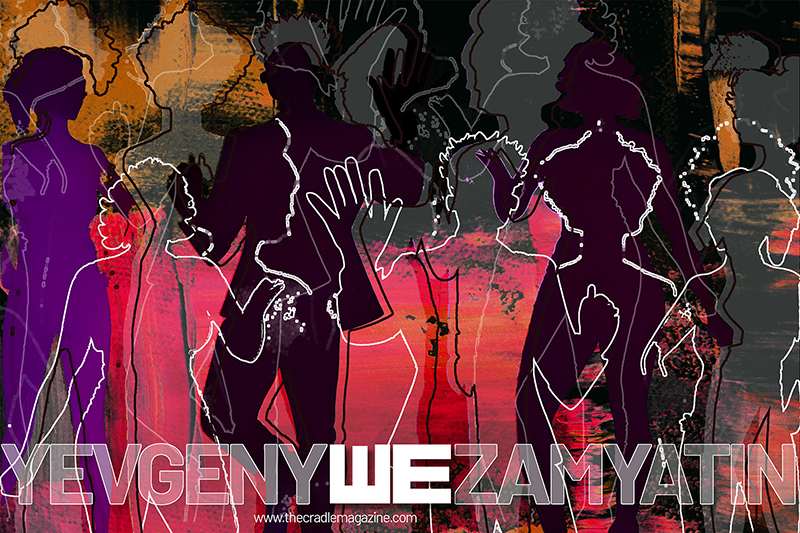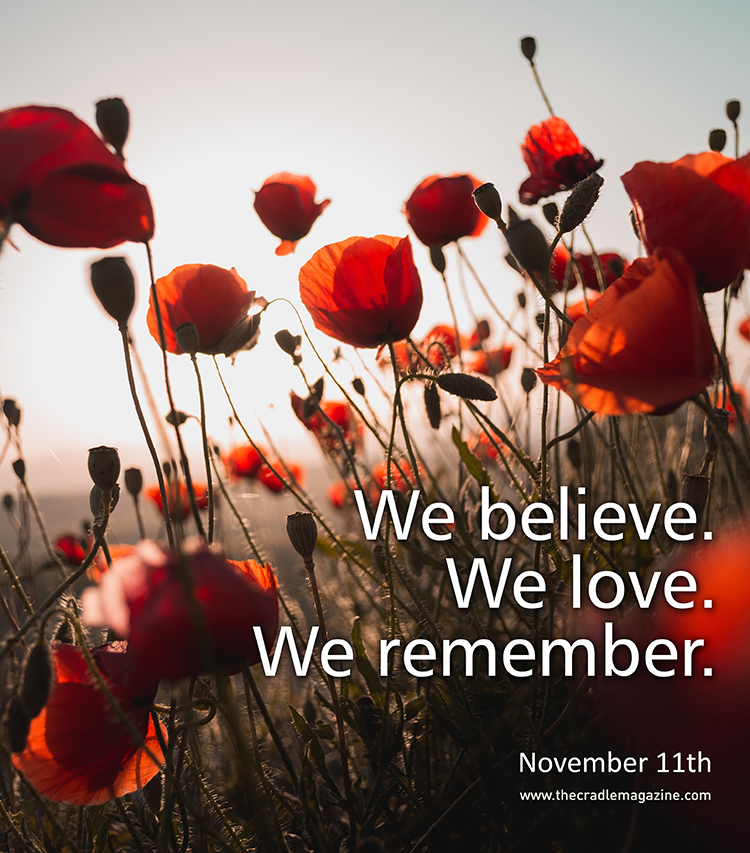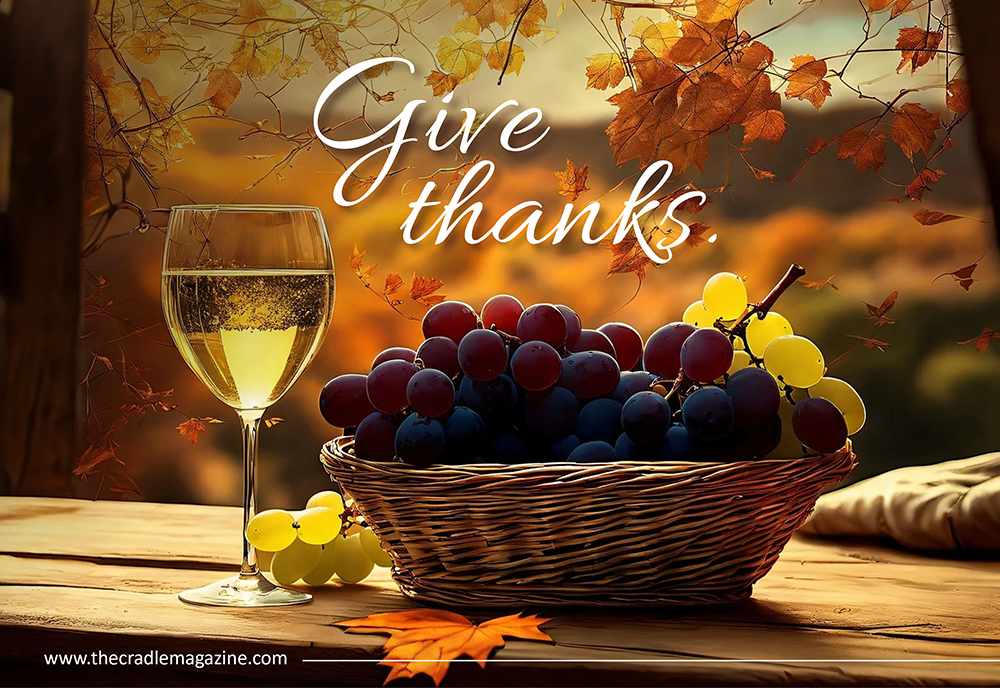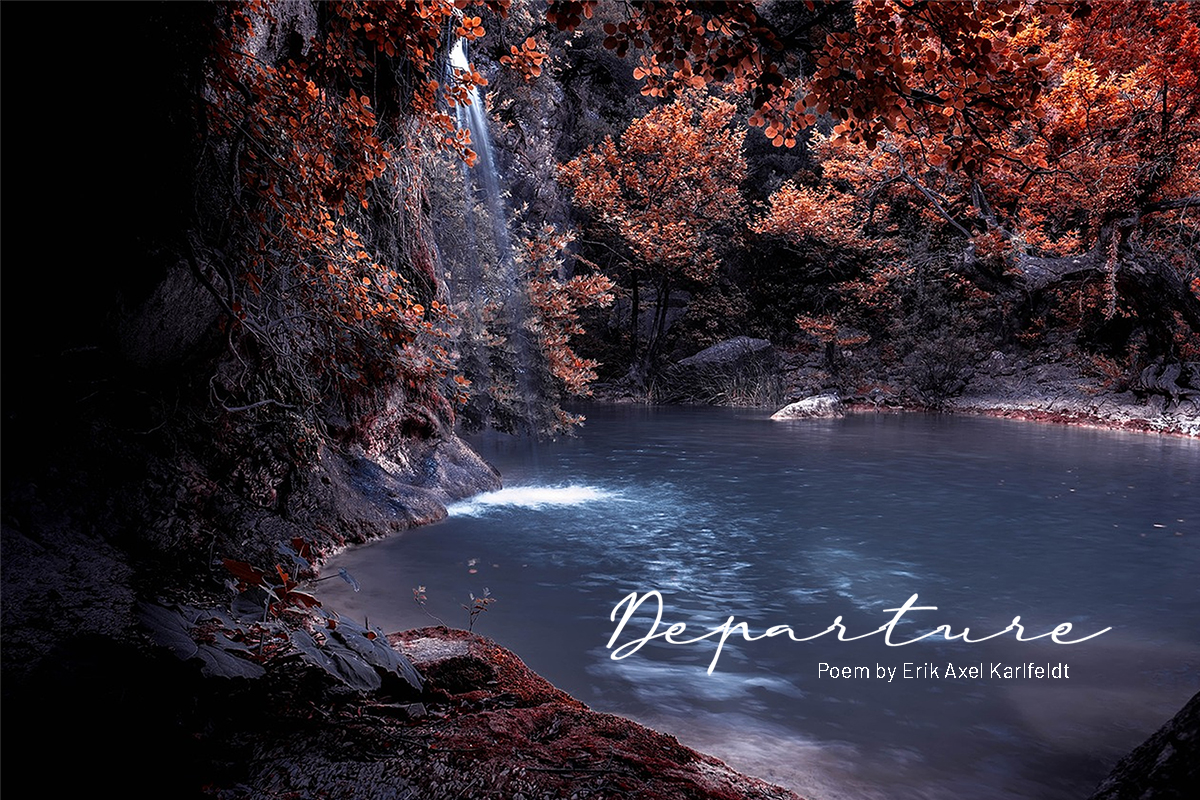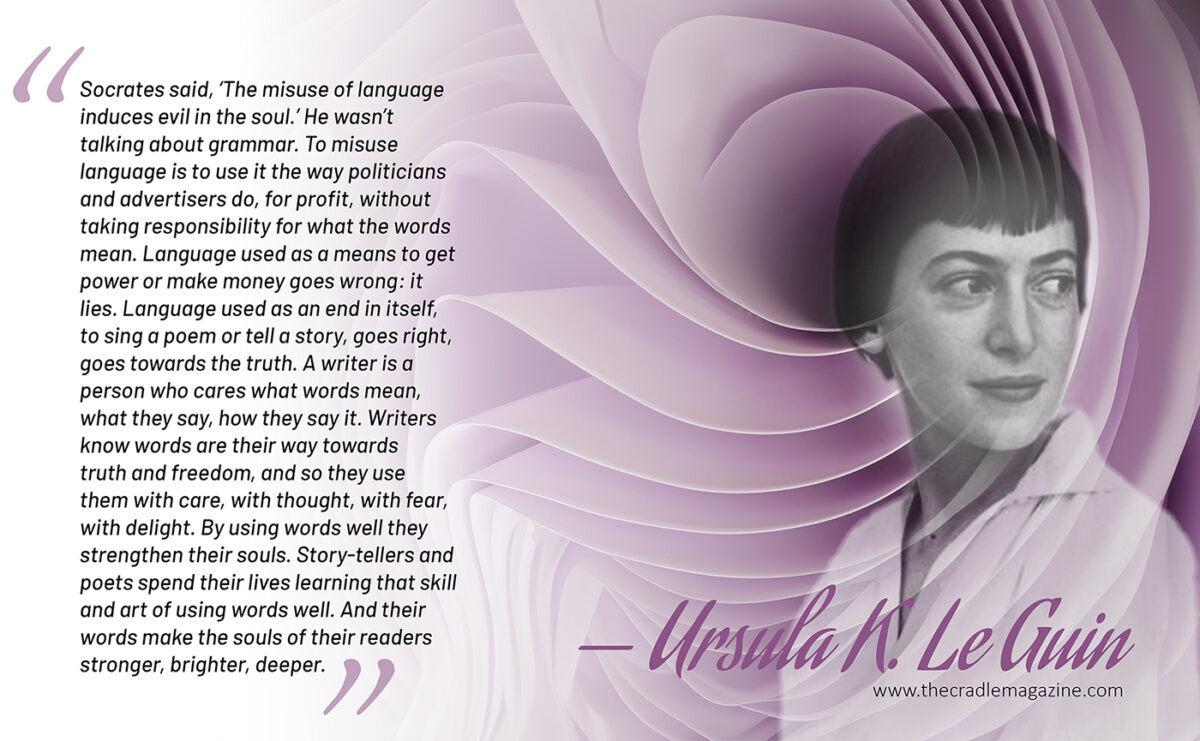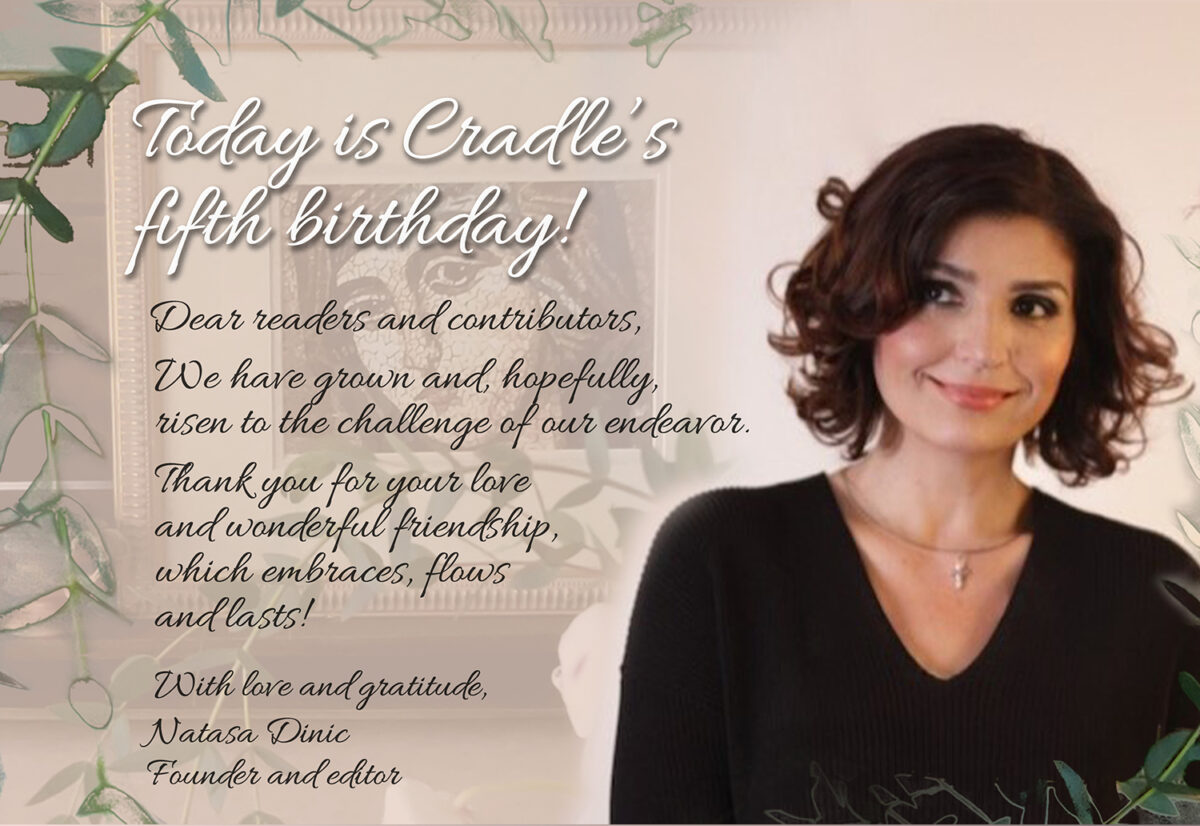Merry Christmas!
To all the people across the world who celebrate Christmas according to the Gregorian (New) Calendar we wish a Merry Christmas!
Discourse On the Nativity of Christ
Saint Gregory of Neocaesarea, 3rd century
Brethren, we behold now a great and wondrous mystery. Shepherds with cries of joy come forth as messengers to the sons of mankind, not on their hilly pastures with their flocks conversing and not in the field with their sheep frolicking, but rather in the city of David Bethlehem spiritual songs exclaiming. In the highest sing Angels, proclaiming hymns Archangelic; the heavenly Cherubim and Seraphim sing out praises to the glory of God: “Holy, Holy, Holy…” Together all do celebrate this joyous feast, beholding God upon the earth, and mankind of earth amidst the heavens.
Continue reading “Discourse On the Nativity of Christ”We
Yevgeny Zamyatin (1884–1937)
RECORD ONE
An Announcement
The Wisest of Lines
A Poem
This is merely a copy, word by word, of what was published this morning in the State newspaper:
“In another hundred and twenty days the building of the Integral will be completed. The great historic hour is near, when the first Integral will rise into the limitless space of the universe. A thousand years ago your heroic ancestors subjected the whole earth to the power of the United States. A still more glorious task is before you, – the integration of the indefinite equation of the Cosmos by the use of the glass, electric, fire breathing Integral. Your mission is to subjugate to the grateful yoke of reason the unknown beings who live on other planets, and who are perhaps still in the primitive state of freedom. If they will not understand that we are bringing them a mathematically faultless happiness, our duty will be to force them to be happy. But before we take up arms, we shall try the power of words.
Continue reading “We”Remembrance Day
Happy Thanksgiving!
MY HOME – MY STORY
What is home…?
Home is your sanctuary that you create for yourself. It can transcend our physical being with memories or be firmly grounded by our roots and experiences. I love to think of my home as a sanctuary from my everyday routine. Home is what we create for ourselves in the present moment. So, we feel rejuvenated, refreshed and safe. One of my favourite quotes from Eckhart Tolle is:
Continue reading “MY HOME – MY STORY”Departure
Erik Axel Karlfeldt (1864–1931)
The black woods murmur
like psalm singing around the leaning cross of the fathers,
and dull as a watchful bumblebee
behind the ridges fades the Avesta rapids.
Than the wind chimes creak at the mine,
and the hammers peck at the iron of the furnaces,
but the spov sleeps on the tuft,
and the ducks rest on resting ponds.


